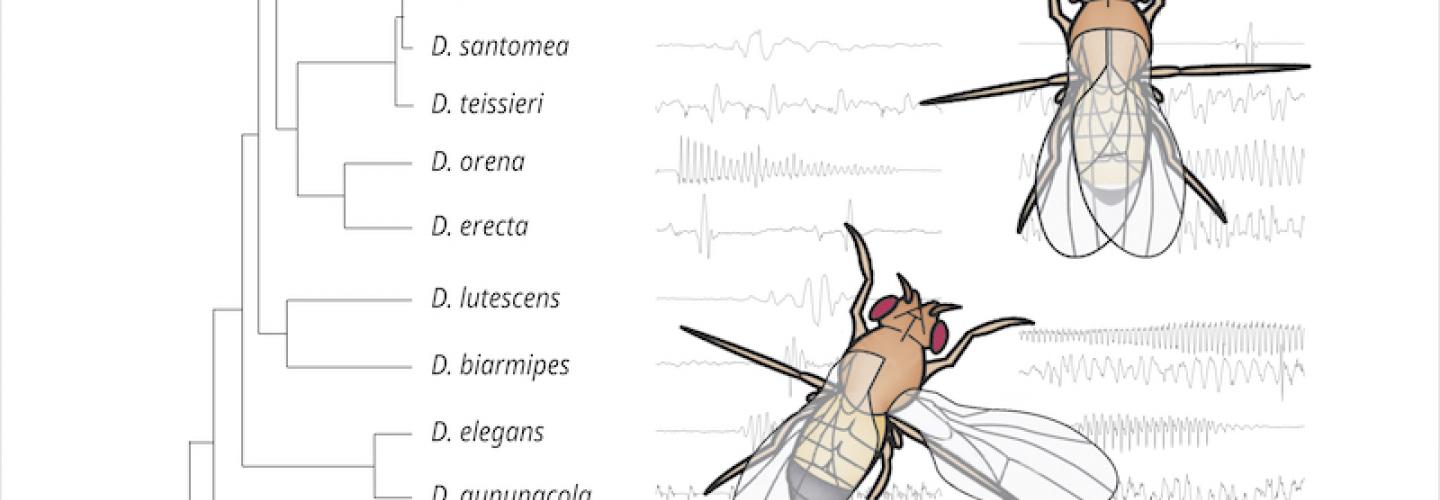Advising and Assessment
Upon arrival, students will meet with an Advising and Assessment Committee comprised of several Biology faculty members across a broad spectrum of research interests. This committee will meet with the students at least five times over the course of two years. Discussion at these committee meetings will include course registration, lab rotation selection and evaluation, assessment of academic performance, and preparation for candidacy examination.
Meeting schedule and topics are listed below:
- At start of first year (August) – Fall course registration and first lab rotation selection.
- End of first semester (December) – Spring course registration, academic performance, and lab rotation selections.
- End of second semester (May) – Review of academic performance during first year.
- End of third semester (January) – Assessment of course work, lab rotation evaluations and teaching performance to date to determine continuation in the program. After this meeting, student will start preparations for candidacy exam. The Advising and Assessment Committee will select exam committee members.
- Middle of fourth semester (February) – Review of academic status as student prepares for candidacy exam. Student will receive notification of committee members.
Note on Academic Performance
The grading system is as follows: A, excellent; B, good; C, fair; D, poor but passing; and F, failure. At the graduate level, the grade of C, while passing, does not constitute satisfactory performance. Letter grades may be modified by a plus (+) or minus (-) sign at the discretion of the school. The minimum standard for satisfactory work for the graduate faculties is a B average in each academic year, but the graduate group may set additional requirements that determine advancement; these requirements may require a student to withdraw despite a satisfactory grade average, if the quality of the student’s work is not at a level that predicts successful dissertation research.
Source: “The PennBook – Academic Rules for PhD Programs"
Advising/Assessment Committee’s Decision
After the third semester, the Advising/Assessment Committee will evaluate the student’s overall performance in the graduate program, based on course grades, teaching, and lab rotation evaluations. The Advising/Assessment Committee will make the decision as to whether a student will be permitted to continue in the program. In cases of academic negligence on the part of the student, the Advising Committee may recommend dismissal from the program. No degree will be awarded to students who leave the program as a result of this decision. Students who are permitted to remain in the program are expected to start the preparations for the candidacy exam. Exams are scheduled no later than the first week of June in the second year.

